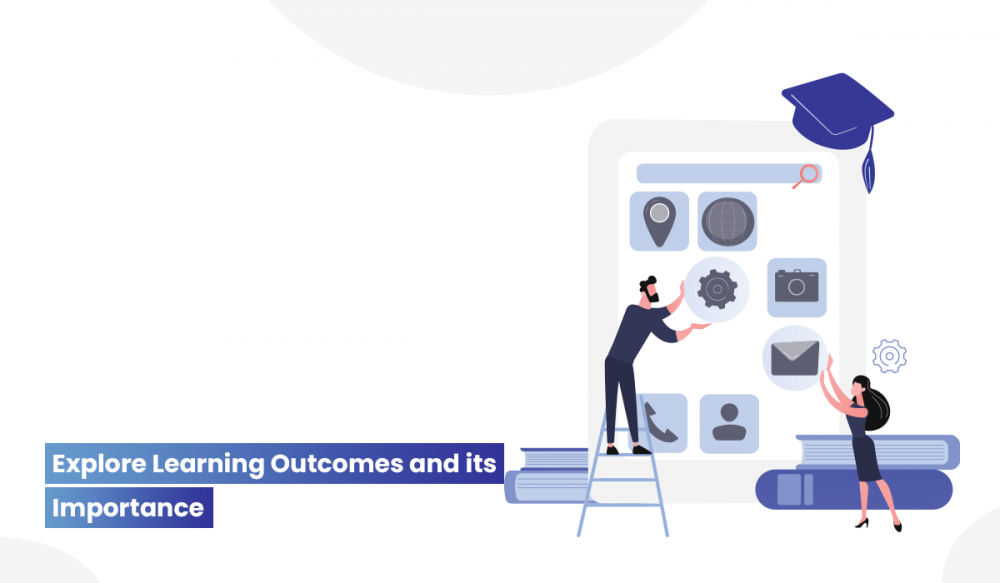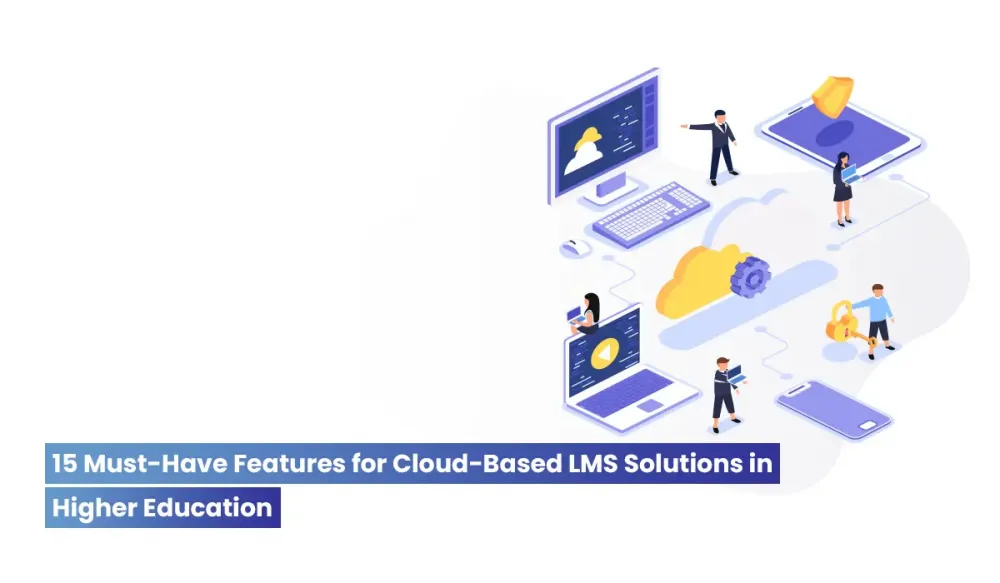
The Future of Learning: 15 Must-Have Features for a Cloud-Based LMS in Higher Education
Higher education in 2025 will be about customized, data-driven, flexible learning opportunities rather than only classrooms and textbooks. These days, a cloud-based LMS system is not a luxury; rather, it is a must for universities trying to keep competitive, increase student involvement, and raise results.
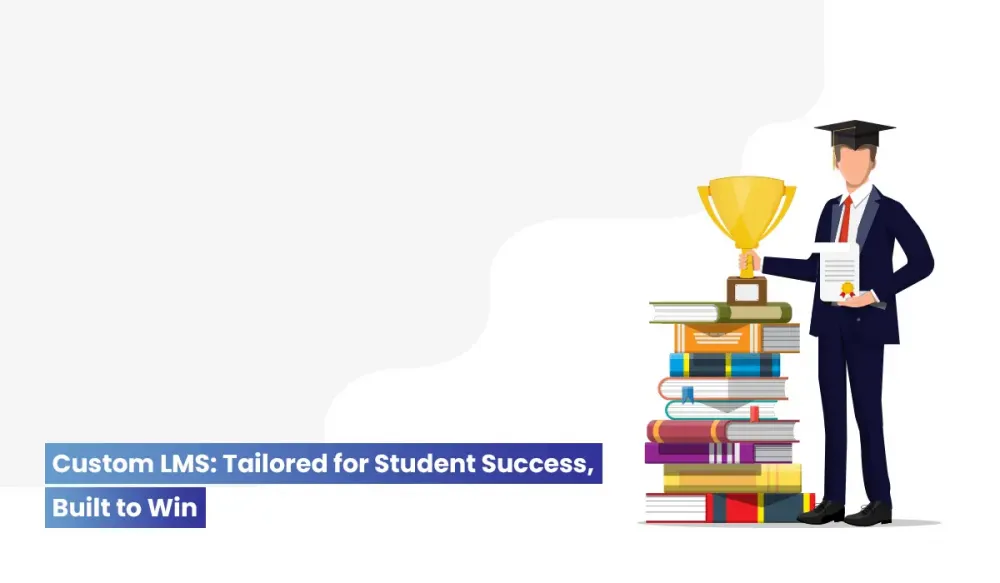
Custom LMS: Tailored for Student Success, Built to Win
Why would you settle for a generic LMS when your university deserves one based on its own learning path? Custom LMS development creates a customized experience that drives student achievement from day one, not only provides tools.
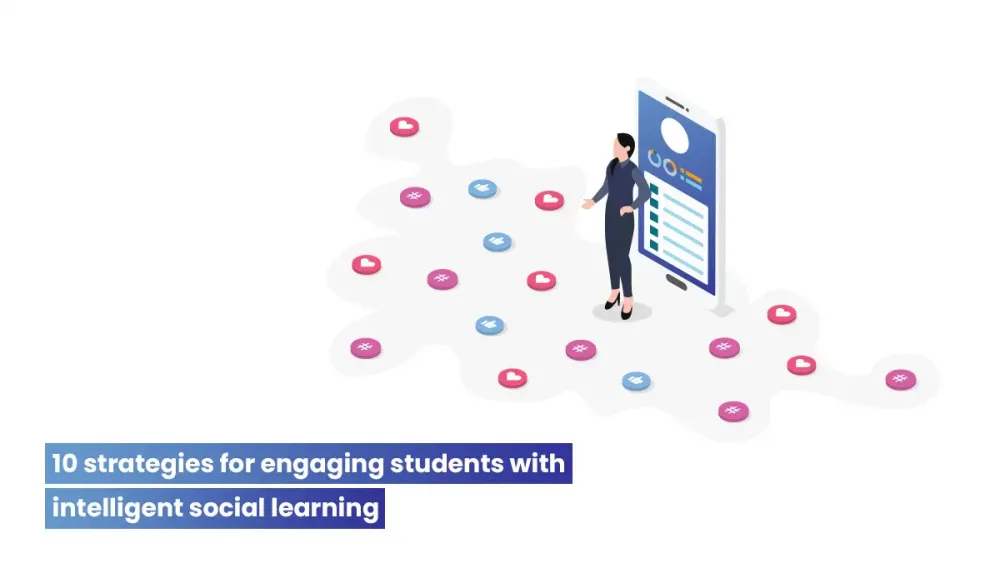
10 strategies for engaging students with intelligent social learning
Social learning platforms are becoming ever more popular in today's tech-savvy educational institutions around the world. Colleges can leverage the wealth of academic resources to benefit the community of users including students, teachers and staff from anywhere. Social learning is highly relevant for today's classroom management system and offers a number of advantages to the entire community across the campus, and beyond.
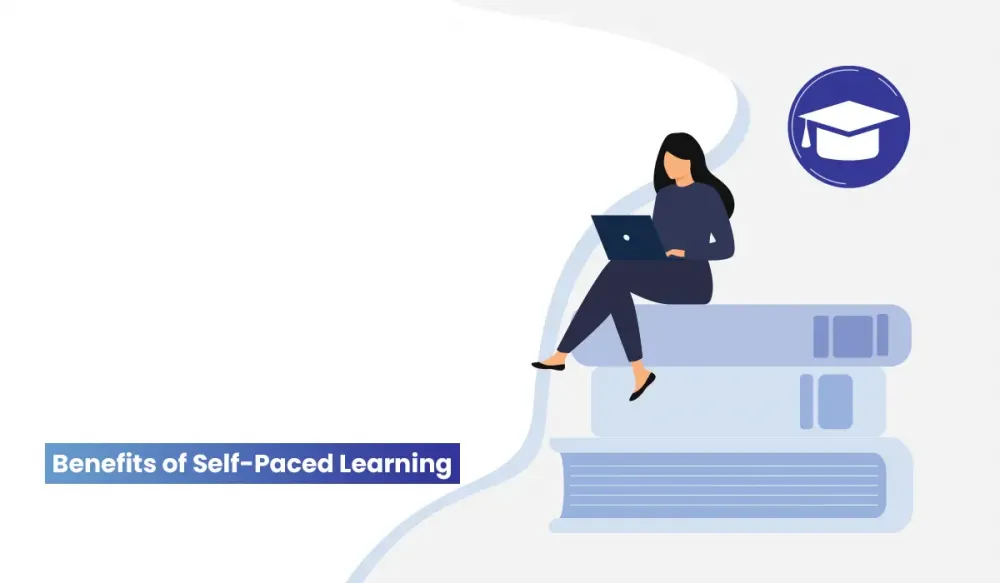
What are the Top 10 benefits of self paced learning?
Tune In To Our Audio Blog

Understanding Blended Learning
While growing up, probably the only way of knowledge transfer from teachers to students was through a traditional classroom setting. As kids of the 90’s, we hardly had any access to computers at school let alone having one at home. The dawn of the new millennium brought us much closer to desktops and laptops. Now, these devices were being used to complete assignments, do research and swimming through a vast sea of knowledge. Higher education institutions saw this change and adopted it fervently.
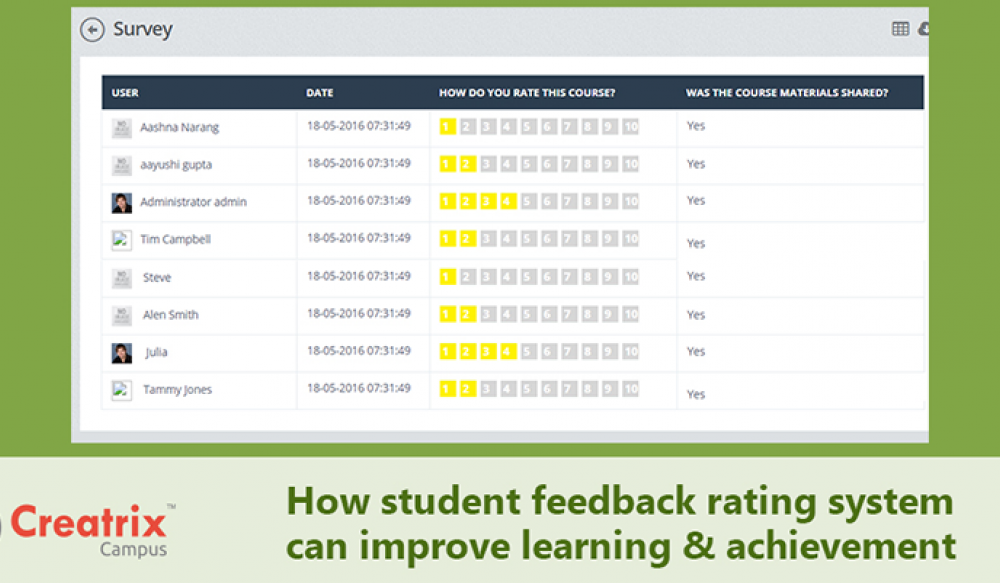
How student feedback rating system can improve learning & achievement
Higher education has always involved the evaluation of the student in terms of class performance, learning & creativity, participation, and more. In recent years flipped classroom has been used as the pedagogical model.
Evaluation of courses and curricula through online surveys is an effective way to enhance students’ learning capabilities in the classroom.
However, are there proper ways to conduct these surveys? Are all students willing to participate? Are the received results authentic and accurate?
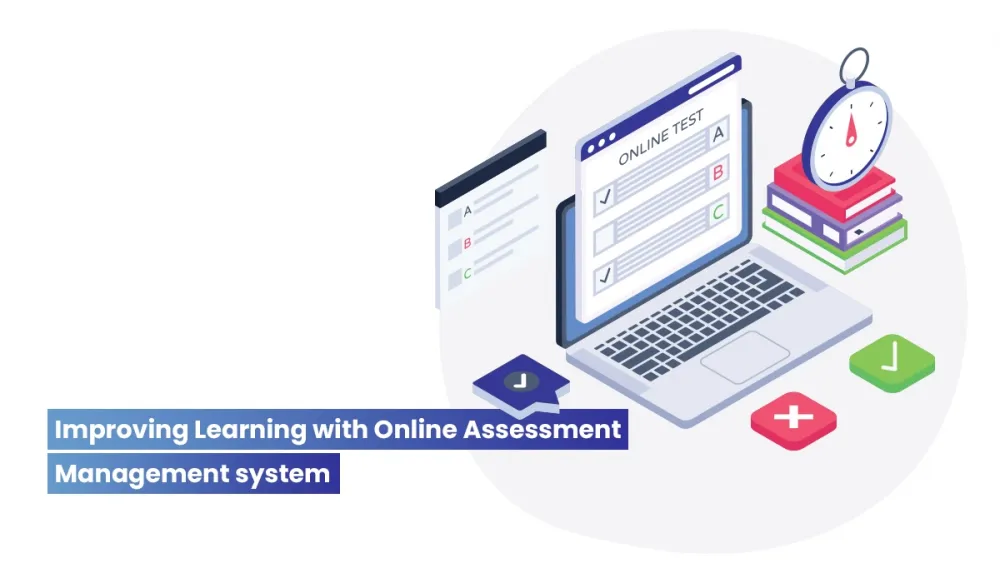
Online assessment management system enhances student learning outcomes
Many academic institutions are increasingly feeling the need for revamping the assessment pattern. A flexible assessment data management system enables institutions to manage data related to coursework, quizzes, tests, and examinations, and generate reports to evaluate student performance. The system is built around academic goals to improve student learning and outcomes and help educational institutions to take informed decisions. The education assessment platform works on multiple platforms – cloud, web and mobile.

How Faculty Can Use Course Management System for Teaching Excellence & Innovation
Course management system is increasingly adopted by faculty and staff in academic systems in higher education as technology trends are growing. Cloud, Analytics and Mobile are the emerging technologies that allows serendipitous learning opportunities for students, who could be exposed to new things they might have originally come to the classroom for. Cloud and Mobile based Classroom Management System allows faculty to upload, manage, organize and track course content and resources to students and groups at specific times.
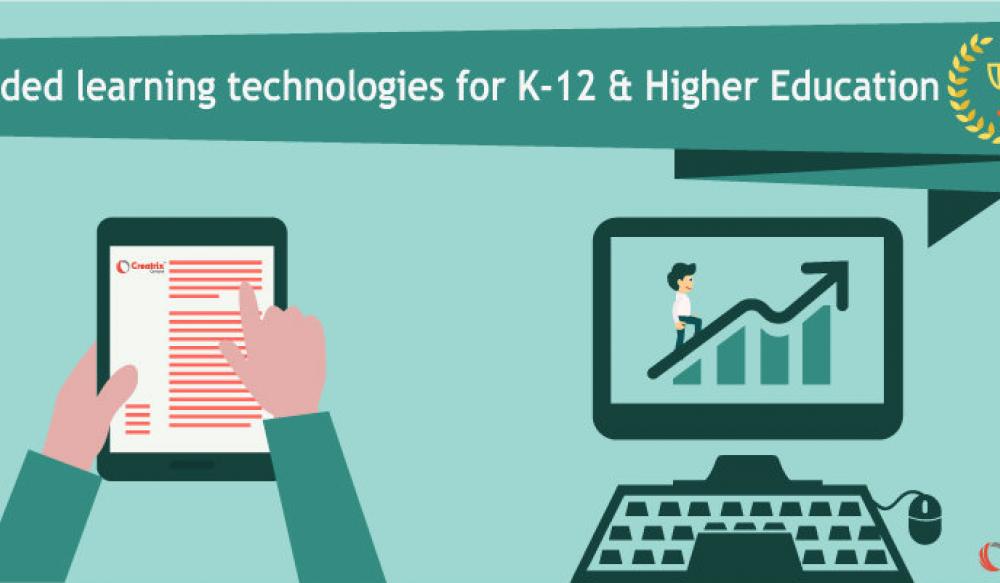
The transformative power of blended learning technologies in K-12 and Higher Education
Blended learning is a capricious mix of technology and teaching methods in the classroom. Classroom learning is changing every generation and how innovative learning tools enables teachers to design course content, assignments and assessments in the learning space. Using cutting-edge synchronous communication tools has advanced the state of higher education and keep it compelling. More and more education institutes want to automate the learning process, optimize the resources, spur innovation and promote collaborative learning and teaching in the global market.

